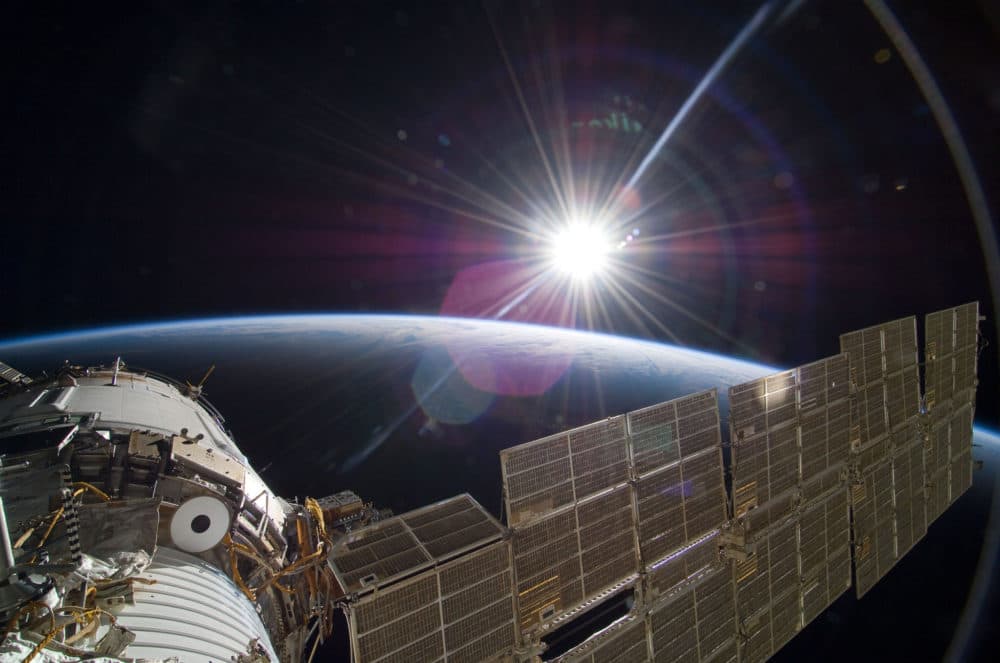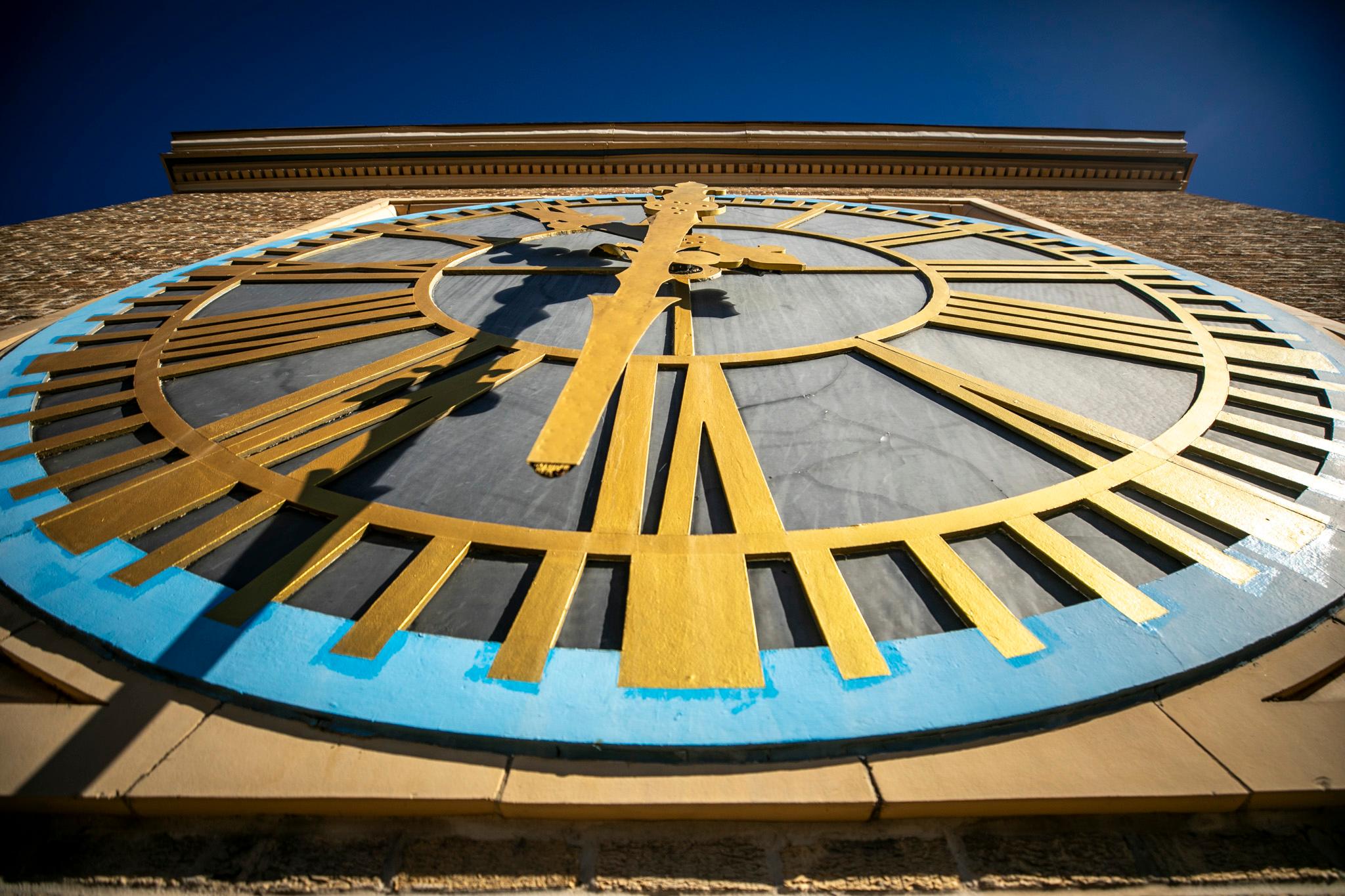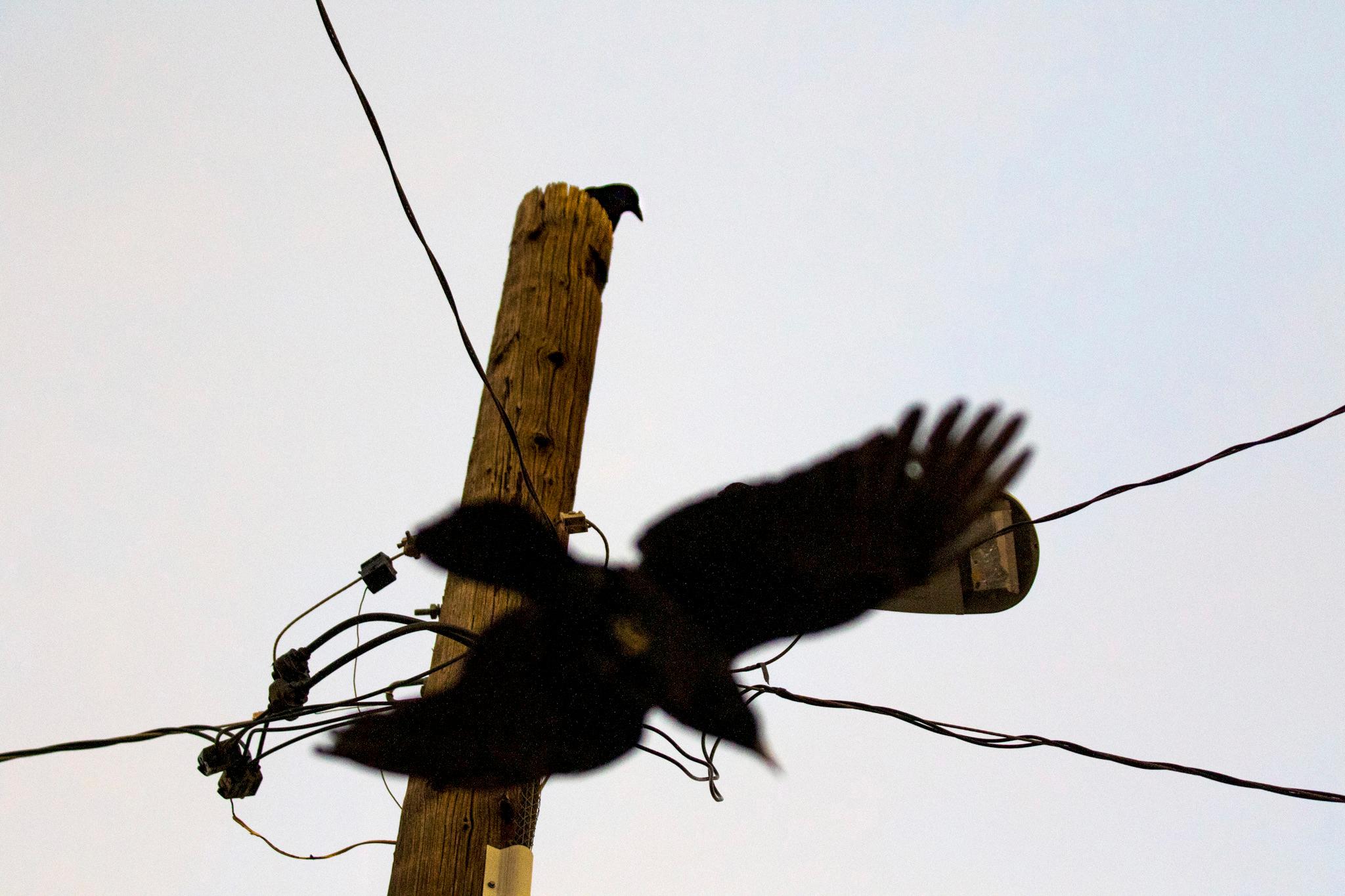So this happened yesterday:
CU Boulder technology was aboard that craft.
CU flexed its aerospace engineering muscles, once again, as high-tech hardware, designed in-house, boarded the SpaceX Dragon capsule to the International Space Station Monday.
Students and researches at BioServe Space Technologies, a NASA-sponsored research center within the university, developed a series of hardware to support ongoing microgravity experiments at the station, including studies on bone loss and heart cell cultivation.
According to a press release, the hardware includes a customized microscope that allows ISS researchers to determine differences between similarly transparent biological structures and an atmosphere control model to culture mammalian cells in orbit.
"By conducting experiments in microgravity, scientists can learn more about biochemical changes in cells and organisms that the force of gravity on Earth may be masking," BioServe engineer Shankini Doraisingam said in a press release.
Since it was founded in 1987, CU Boulder's BioServe has performed dozens of NASA-sponsored investigations and flown hardware and experiments on more than 50 missions aboard commercial, national and international space shuttles.
Multimedia business & healthcare reporter Chloe Aiello can be reached via email at [email protected] or twitter.com/chlobo_ilo.
Subscribe to Denverite’s newsletter here.













